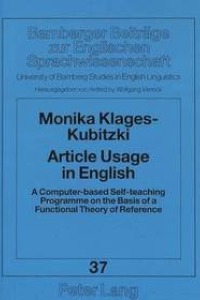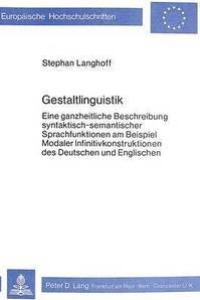
Liknande böcker
Morphology in the Reader's Mental Lexicon
Bok av Dominiek Sandra
The work addresses the question whether morphemes play a role in lexical representation and processing. Three hypotheses can be entertained: (i) morphemes (or a particular morpheme like the root) might be needed to access a representation of the whole word, or (ii) be used to express morphological relatedness at a postaccess level, or (iii) be used to determine the meaning of the word. These hypotheses are tested against experimental data on inflectional, derivational and compound morphology. The emerging picture is of a lexical architecture with two parallel access routes: one making use of whole-word access representations and postaccess connections between morphosemantically related words and another one in which the meaning of the whole word is computed from its morphemes.







